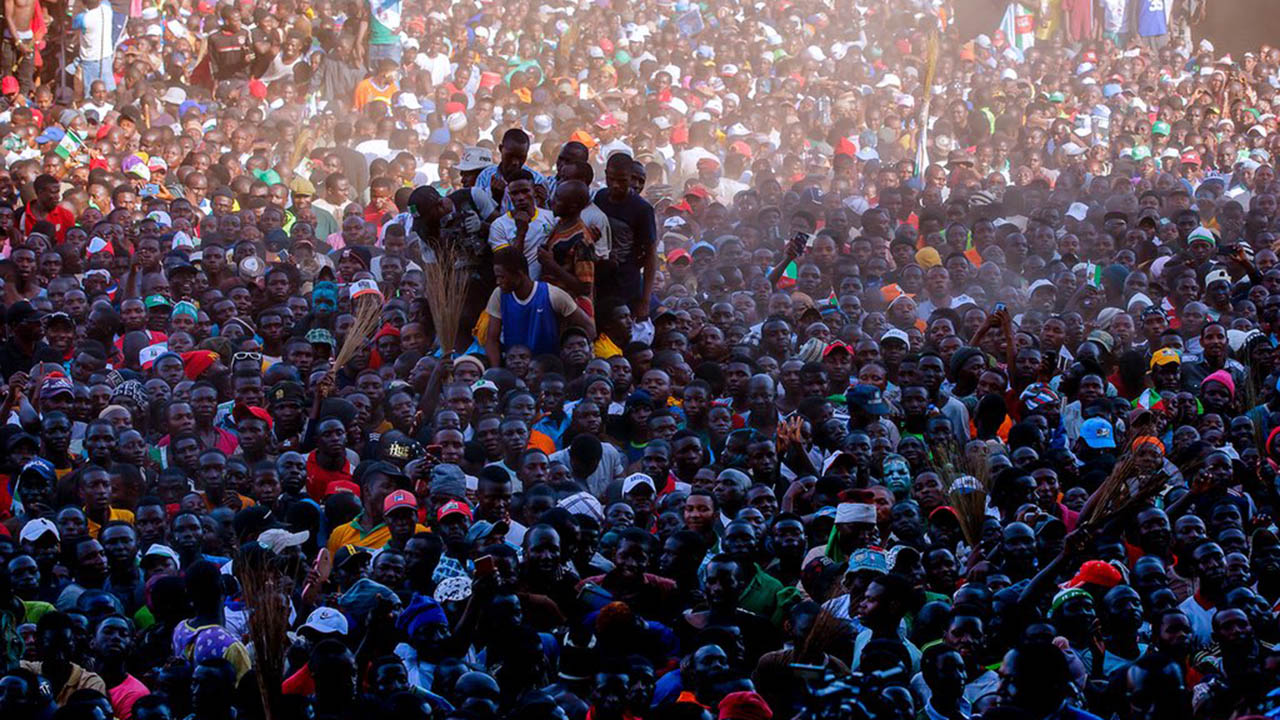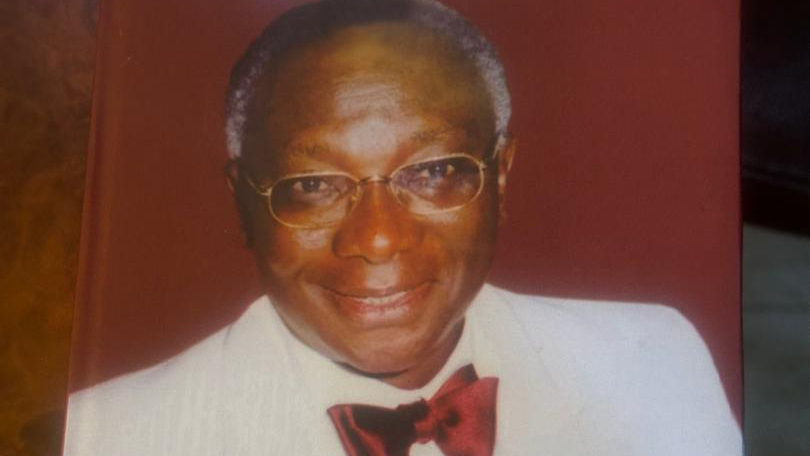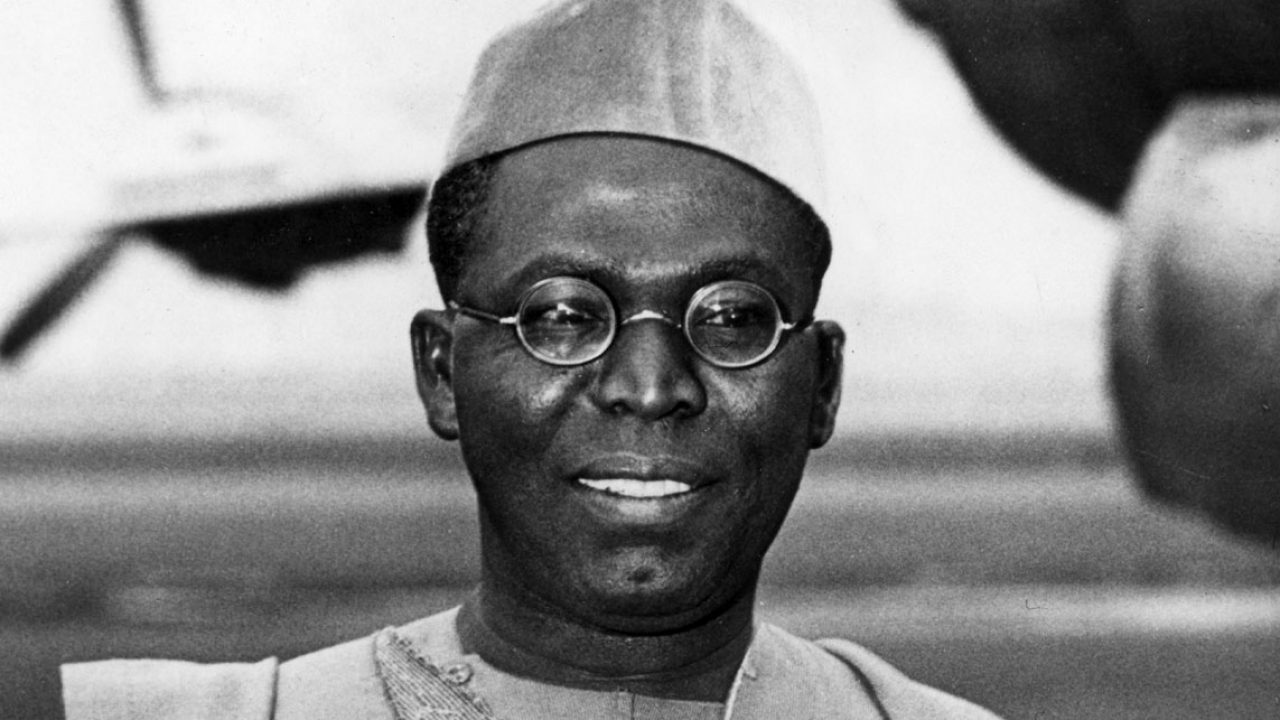
This important occasion, the World Humanist Day, is an opportunity to share my thoughts on the intersection between religious politics and humanism in Africa. Africa is a huge continent with diverse socio-cultural and political realities. But the continent is too often conflated and treated like a village that can be explained or understood at the snap of a finger. Scholars have presented and represented Africa in stereotypic forms as if Africans believe the same thing and behave the same way. I will draw instances from Kenya and Nigeria in exploring the complicated entanglement of religion, politics, and humanism in the region.
The post-colonial African dispensation has yielded a contentious dichotomy between the state as a res publica, literally meaning a public property or thing, and the state as a res religionis, a religious property or thing. These properties have been in contention as Africans grapple with everyday challenges.
The contention is global and local, national and transnational. So what transpires in Africa is only a specific, microcosm of the macro quest by the imperialistic religions of Christianity and Islam to conquer and dominate the world. Africans have unwittingly been drawn into this vicious tussle and quest to annex, and control other peoples and their estate. It is in situating the religious tension and contention that one can gain insight into the opposition and contradiction that underlie the prospects and possibilities of humanism in the region.
In principle, the post-colonial African state is a res publica, that is public property, but in practice, it is not. This disconnect is due to the overbearing influence of religion. In practice, African states contend with strands of competing forms of res religionis, the Christian, Islamic, and traditional religious formations. Foremost scholar, Ali Mazrui describes this situation as “A Triple Heritage” stressing the various cultural influences that have impacted post-colonial African states. This heritage is not an apolitical encounter because these religions are imperialistic and they seek to control cities and spheres of influence.
Christianity and Islam do not only seek to convert and proselytize Africans, they do not aim only to replace and substitute African indigenous religious beliefs. Christianity and Islam have political agendas and they try to replace indigenous state formations with cities governed by Christian and Islamic laws. These two transnational religions campaign and battle to enthrone their specific politics. Christians strive to enthrone political Christianity that privileges Christianity, while Muslims try to foist political Islam that enforces Sharia law. Incidentally, the secular current is conflated with western civilisation and tradition. Given the fact that the secular encounter is predicated on the diminution of religion and religious politics, the secular tradition qualifies as a distinct encounter within the discourses on these encounters and deserves to be treated as the fourth aspect of the African Heritage corpus.
To achieve independence, the crafters of the constitutions minimised their religious intent. In most states, they prohibited state religion and guaranteed religious neutrality in state affairs. In some cases, it was enshrined that the state is secular and protective of the rights to freedom of religion or belief. With the benefit of a hindsight, the secular provisions were ideal codifications enshrined by these statesmen and women in an attempt to forge acceptable constitutions and state formations. The secular principles did not reflect the yearning and aspirations of the people and politicians who would have wanted their religions to become state religions. Incidentally, this political objective was impossible and impractical at the circumstance. Instead, due to political expediency, they cobbled together a largely secular-leaning constitution to realise independence.
At Independence, African states had four main traditions to contend with: indigenous, Christian, Islamic, and secular. And state builders have been preoccupied with trying to craft effective forms of government from these traditions.
Following independence, the struggle to build and manage state institutions, driven by parochial religious and sectarian interests, started as the various traditions and influences tried to covertly and overtly overrun and determine state affairs and management. There has been tension and opposition between the de facto and the de jure political situations in these countries as state actors align, dis-align, and realign with these traditions.
In countries where Christians are in the majority, states become de facto Christian states while Muslim majority countries operate as de facto Islamic states. In rural areas, some mix with indigenous religious, Christian, or Islamic state formations, as the case apply. Like the indigenous religious beliefs, traditional state formations have been under intense assault from Christian and Islamic state establishments that seek to supplant and annex these formations.
To be continued tomorrow.






